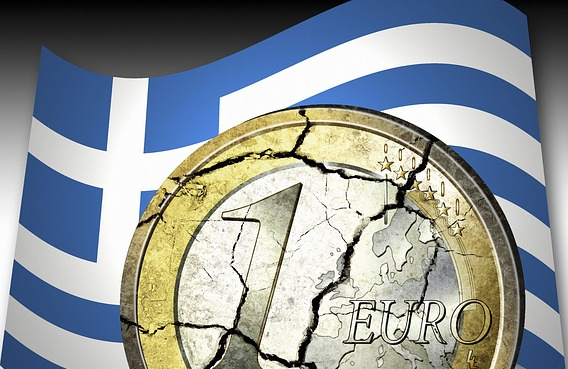The situation in Greece dominates the news channels and financial pages. With so much information to consider, the analysts at Brewin Dolphin have pulled together the most relevant points into an interesting summary which Acumen are pleased to share with you.
What happens next?
Greece will hold an advisory referendum on Sunday in which the “Yes” option will imply acceptance of the creditors’ final proposals and a no vote will imply non-acceptance. We say imply because the referendum is advisory. A threshold of 40% turnout has been set to make the result meaningful. The creditors have already stated that their proposal will have expired after Tuesday when the IMF payment is due. Nevertheless this is a meaningful vote in which the Greek public vote for austerity and reform or some alternative.
What is the impact?
Greece will clearly not make Tuesday’s payment to the IMF. It may therefore be called “in default” or the IMF may choose to await the result of the referendum and further developments. With the payment in jeopardy the ECB felt unable to extend the size of ELA payments but maintained support at existing levels. That was not enough to negate the huge increase in demand for cash in Greece and so capital controls have been imposed until 6th July.
They will almost certainly be extended beyond this date. Capital controls restrict Greek’s to 60€ per day withdrawals with some other features. If the IMF does call default the ECB may reduce its support yet further which may require further tightening of capital controls.
How will they vote?
It depends largely upon how the breakdown in talks is perceived in Greece. The public had been losing patience with the Syriza led government and support for membership of the euro remained high throughout the recent weeks (albeit lower when qualified by the need for further austerity). The reasons to fear a No vote are that the government will be supporting one whereas an organised campaign for Yes is clearly problematic. The more optimistic interpretation is that the Yes campaign is effectively served well by six day of capital controls. Voting No will be a descent into the unknown with an uncertain extension of capital controls and no bright hope for resolution.
Will that be an end to it?
I’m afraid not:
In the event of a Yes new negotiations will need to take place. Brewin Dolphin commented some days ago that capital controls could provide the cover for both parties to be more conciliatory. The creditors will be under less political pressure domestically because they will have been seen to have “won”. The Greek government (whoever that might be) would be able to accept a worse deal because their hand will clearly be weaker.
There would likely have to be a new Greek government despite the claims of the current government to honour the result of the referendum. The preferred option would be a technocratic government based upon the existing make up of Parliament as this would negate the need for further elections in the near term. Again, supporting a technocratic government gives the creditors political cover to take an easier line when talks resume.
If the vote is No then the outlook is far less certain. Politically the government’s position remains very difficult. Economically, over the medium term, without the support of the ECB the Greek banking system will be unable to function (demand for euros would overwhelm deposits if they were offered). As such a parallel currency would likely need to be introduced in the form of an IOU from the government.
If Greece leaves the Eurozone?
We cannot take the creditors’ claims that contagion will be contained at face value. Rather these statements were made to strengthen their negotiating positions. That said, there clearly will have been far more thought put into the potential implications of a Greek exit and default than there had been in advance of Lehman Brother demise. Most of the quantifiable burden falls on public sector creditors such as the IMF and ECB.
Beyond that national governments have exposure through the first and second bailout loans. The recovery value of these loans clearly falls if Greece leaves the Eurozone and so the incentive remains for governments to find a way to keep them in. The contagious implications are that any creditors to euro denominated cross border loans will be sweating now.
German banks have some $13bn of cross border exposure to Greece, with US and UK banks holding similar amounts. Some of this will be secured on euro cash flows so the exposure looks limited overall – particularly in the context of Lehman Brothers nearly $800bn debts. The economy is stronger and the banking system than those dark days.
Whose fault is it?
Both sides are at fault in remarkably similar ways. Greece would not restructure its pension liabilities which are unsustainable. The creditors would not restructure Greek debt which is also clearly unsustainable. As said above the optimistic interpretation is that the trauma of capital controls provides political cover for both parties to take a more balanced approach to new negotiations – if we get that far.
Related Articles
-
News
 July 19, 2012
July 19, 2012Life cover costs likely to increase for women
Currently life insurance premiums for women are less than for men, as statistically, women tend to l.... -
News

A window of opportunity
Fixed premium policies that are already in place when the ruling comes in are unlikely to see a pric.... -
News

Slam Dunk! Acumen welcomes a new member to the team
After a lengthy search for the right candidate, Acumen is delighted to welcome on board Alex Dun....

